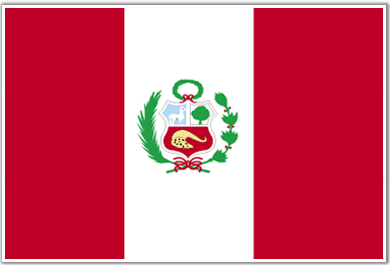As digital book distributors make their global expansion a priority, readers have responded with a zeal for ebooks. And despite the smaller-than-average growth in some of these international markets, consumers in most countries have demonstrated their affinity for reading on their devices.
Some readers, however are more reluctant to e-reader, but there may be a chicken-or-egg dynamic at play. Are publishers not releasing as many titles in digital format because readers aren’t quick to snap them up? Or are consumers slow to adapt to the digital publishing revolution because there hasn’t been a lot of support it from the publishers?
One country whose numbers seem very telling in this situation is Peru, which lags behind the rest of the Latin American reading market in terms of ebook purchasing. An article for the website Peru This Week by Nancy Portugal Prado for Gestión (translated by Alix Farr), demonstrates just how far behind the Peruvian ebook market really is in terms of annual releases from publishers.
“’Chile publishes 1,000; Colombia, 1,800; Argentina has launched more than 2,000 and Mexico, more than 5,000,’ Núñez said. However, Peru is far below this average.
“According to David Edery, a coordinator of services exports for PromPeru, ‘of the 5,000 titles registered in the last year with the National Library of Peru (BNP), digital books didn’t even reach 5 percent (250 books).’
“In the region, the production of this type of book grows at a rate of about 1 percent per year.”
Of the books that are distributed as ebooks in Peru, the overwhelming majority of the titles appear to be academic, showing that at least the consumers who are utilizing textbooks and journals have taken to digital reading. In order for publishers to release more ebooks, however, they have to be able to take a calculated risk, something they cannot do–despite the vastly lesser cost of producing an ebook over a print edition–unless they believe that readers will come through and buy ebooks.
Mercy Pilkington is a Senior Editor for Good e-Reader. She is also the CEO and founder of a hybrid publishing and consulting company.
